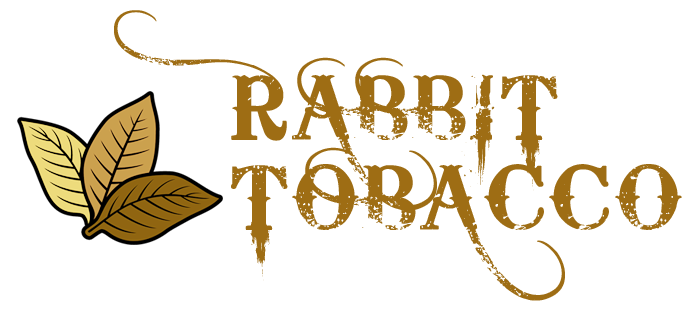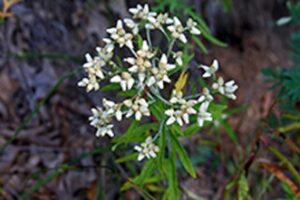| Conservation Status | IUCN Red List | not yet assessed
|
|||||
| NatureServe | N5 – Secure
SNR – Unranked |
||||||
| Minnesota | not listed | ||||||
| Nativity | Native | ||||||
| Occurrence | |||||||
| Habitat | Dry to moderate moisture. Upland prairies, dry forest openings, bluff tops, savannas, stream and river banks, railroads, fields, roadsides, disturbed sites. Full sun. Sandy soil. | ||||||
| Flower Color | White | ||||||
|
|
|||||||
| Identification | This is a 6″ to 32″ tall, erect, annual or winter annual forb that rises usually on a single stem from a taproot and fibrous roots. Winter annual individuals germinate in the late summer or fall, form a rosette of basal leaves which persist through the winter, then send up a stem and complete their life cycle the following year.
The stem is erect, round, unbranched below the middle, and with a few short, ascending branches near the top. Early in the season it is densely covered with short, white, felt-like hairs. Late in the season this white covering of hairs becomes patchy revealing the light green stem beneath. The leaves are alternate, numerous, stalkless, linear or narrowly lance-shaped, 1″ to 4″ long, and 1 ⁄16″ to ⅜″ wide, becoming gradually smaller as they as ascend the stem. The base of the leaf does not clasp the stem and it does not extend downward along the stem. The upper surface is green with sparse stalked glands and sometimes sparse woolly hairs along the midvein. The lower surface is white due to a dense covering of white, woolly hairs. There is a single, prominent, central vein. The margins are untoothed and wavy. The inflorescence is a broad, branched, dome-shaped corymb with roundish clusters of 1 to 5 flower heads in at the tops of the stems. The flower heads are narrowly egg-shaped, 3 ⁄16″ to ¼″ long, and about half as wide. The involucre is composed of 4 to 6 overlapping series of white, egg-shaped bracts. Each flower head has 38 to 96 yellowish female flowers surrounding 4 to 8 yellowish male flowers. |
||||||
|
|
|||||||
| Similar Species |
Macoun’s cudweed (Pseudognaphalium macounii) leaf bases extend downward along the stem, similar to the sheath of a blade of grass.
Pearly everlasting (Anaphalis margaritacea) has broad flower heads. Pussytoes (Antennaria spp.) are much shorter plants. |
||||||
|
|
|||||||
| Taxonomy | Family: | Asteraceae (aster) | |||||
| Subfamily: | Asteroideae | ||||||
| Supertribe: | Asterodae | ||||||
| Tribe: | Gnaphalieae (pussy’s-toes) | ||||||
|
|
|||||||
| Synonyms | Gnaphalium obtusifolium
Gnaphalium obtusifolium var. obtusifolium Gnaphalium obtusifolium var. praecox Pseudognaphalium obtusifolium ssp. obtusifolium Pseudognaphalium obtusifolium ssp. praecox |
||||||
|
|
|||||||
| Common Names |
catfoot
eastern rabbit-tobacco fragrant cudweed fragrant everlasting old-field-balsam old-field cudweed rabbit-tobacco rabbittobacco sweet everlasting |
||||||

